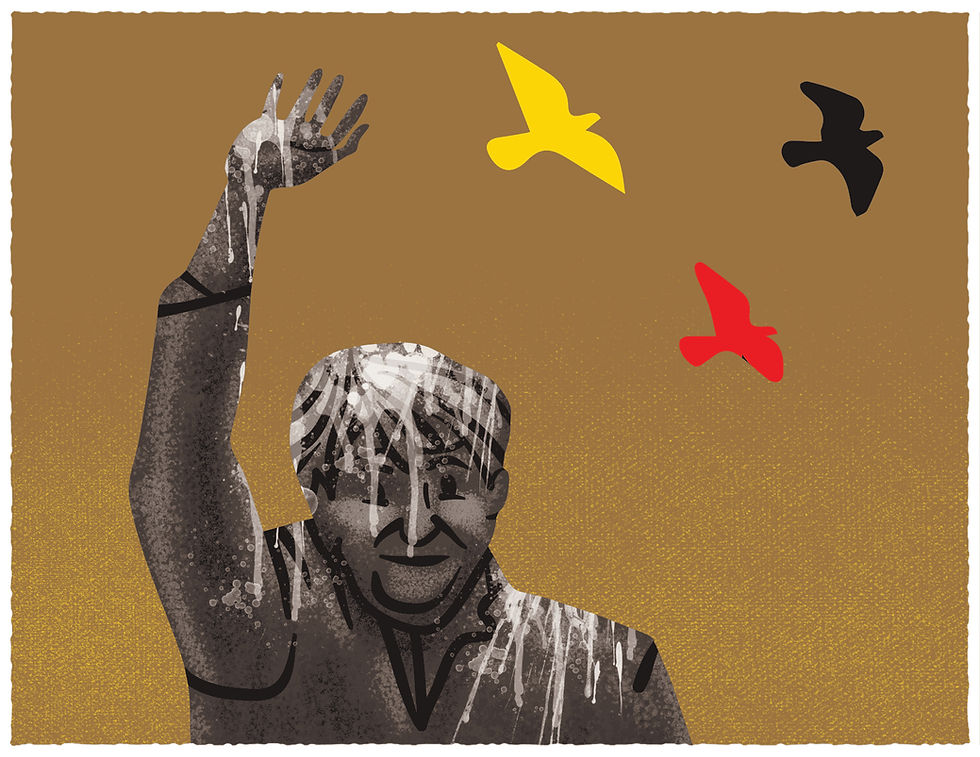Who is afraid of Covid-19?
- Arca Análisis Económico
- 10 mar 2020
- 3 Min. de lectura

For those readers who need certain lights and a little comfort, it is important to mention that the economic consequences of the bird flu crisis, the phenomenon most similar to Covid- 19, had been diluted one semester after its occurrence. The stock market history of the last three decades shows that on 45 occasions, one year after strong falls such as those in February 2020, the market had risen on average 20 percent. The fall of the stock exchanges during the month of February will leave a dent in the confidence of consumers, which is a strictly psychological phenomenon, but that will have to be addressed as much as public health problems.
In times of strong falls in the stock markets, we think that the purpose of columns like these is to make a sort of chicken consommé at the beginning of a cold, hopefully not Covid-19.
For those readers who need certain lights and a little comfort, it is important to mention that the economic consequences of the bird flu crisis, the phenomenon most similar to Covid-19, had been diluted in one semester after its occurrence.
The trading history of the past three decades shows that 45 times the market had risen on average 20 percent just one year after a sharp fall like the one occurred in February 2020.
Peter Piot, the director of the Department of Health and Tropical Medicine of London, one of the discoverers of the Ebola virus, argues that the problem with this disease is the little that is known about it, so although there is a high chance that it will end up becoming extinct in the coming months, governments cannot afford to bet on this and need to make security deployments that in the short term interrupt everyday life and generate losses to much of the economy.
The behavioral finance research has described in great detail the propensity of people to feel with greater intensity the pain of losses compared to pleasure gains of similar magnitude. What is true, is that the fall of the stock exchanges during the month of February will leave a dent in the confidence of consumers, which is a strictly psychological phenomenon, but that will have to be addressed as much as the problems of public health.
However, to address investor confidence issues, central banks have a limited arsenal of tools. In the opinion of David Goldman, who was the head of the Bank of America research area, developed nations should face Covid-19 with strong fiscal measures as China begins to do, whose stock market has fallen less than Wall Street and European exchanges.
On this occasion, monetary policies will not work, because the companies affected have lost their borrowing capacity through conventional commercial channels. The idea that a reduction of 25 basis points in the FED rediscount rate can restore investor confidence is somewhat naive, since it does not respond to the fact that it is suffering a strong disruption in the global supply chain and not a drop in aggregate demand.
A reduction in interest rates by the Fed will then be a measure aimed at addressing the battered psychology of investors and the markets they form.
Since the 2008 Great Financial Crisis, the supply of cheap funds from the FED has been the balm waited by the battered investors, and this time the expectation is not different, a fact evidenced by the behavior of futures markets on rates interest, whose prices reflect the presumption that the FED will lower the rediscount rates twice in 2020, thus supporting the prices of financial assets. The question is: how long will the balm effect last?









Comentarios